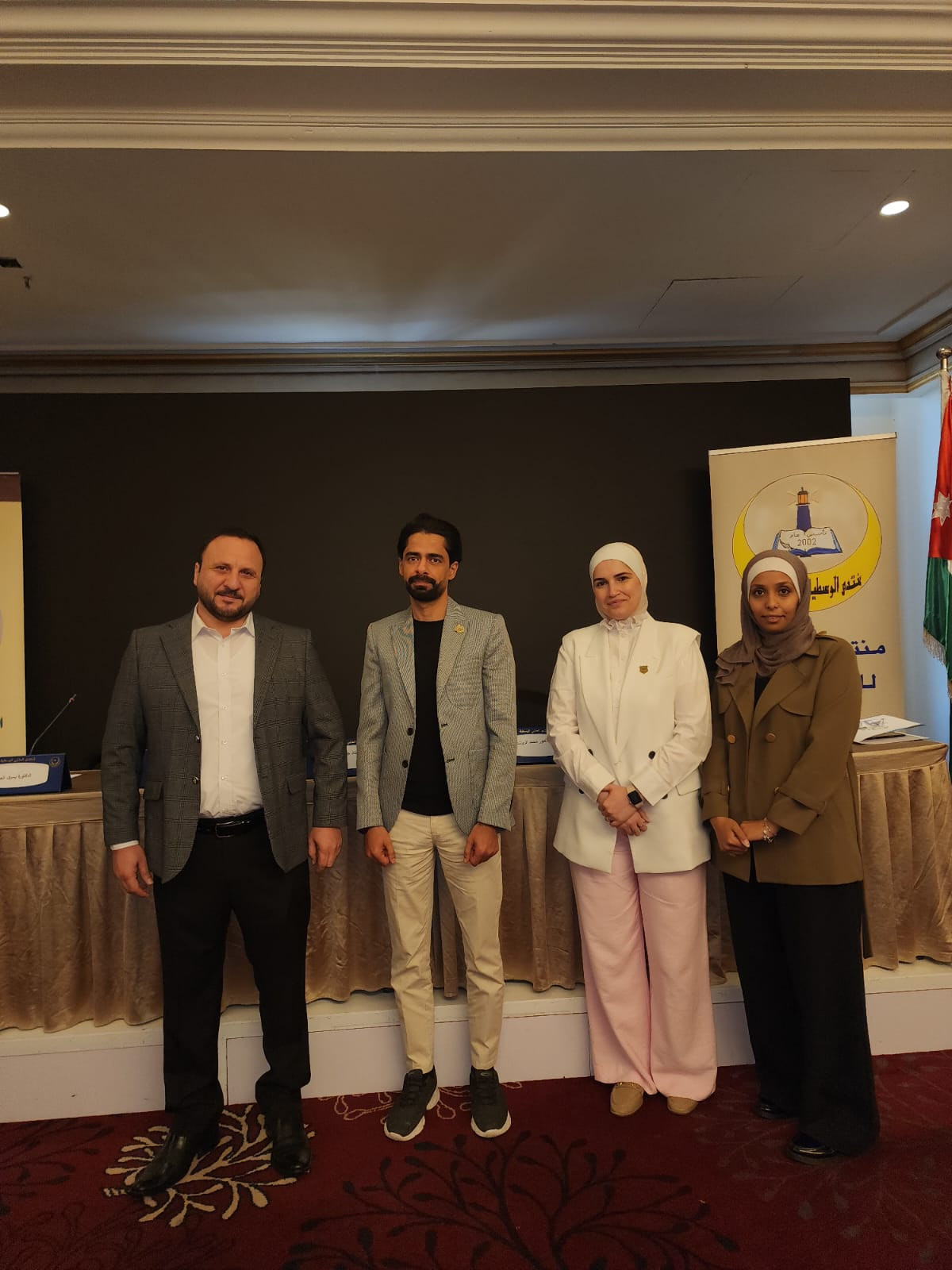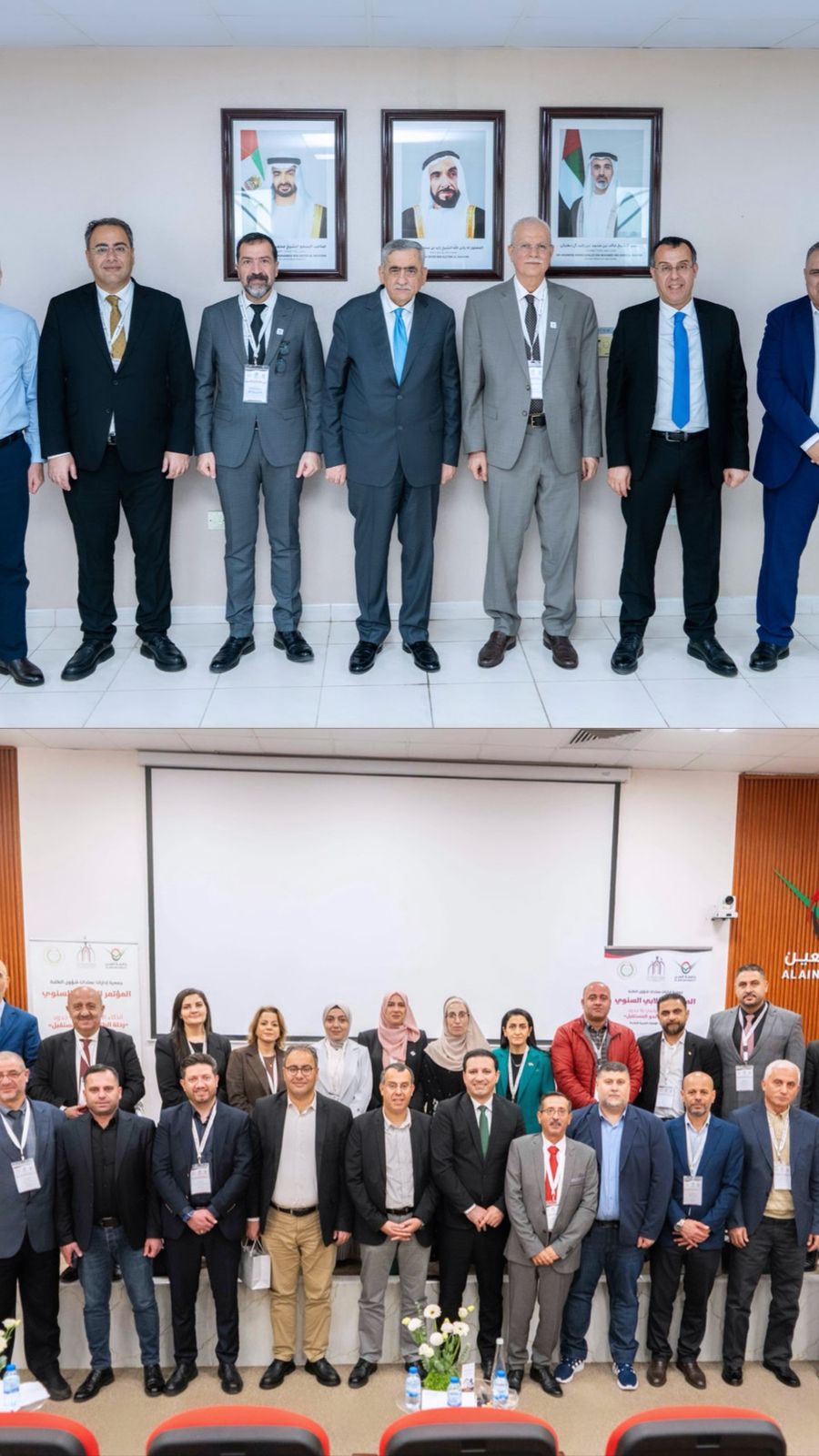Al-Ahliyya Amman University

19 October 2025
Arts and Sciences Faculty Participate in the International Conference “Empowering the Family in Contemporary Societies”
A number of faculty members from the Faculty of Arts and Sciences at Amman Al-Ahliyya University participated in the international conference organized by the World Forum for Moderation, titled “Empowering the Family in Contemporary Societies: Opportunities and Challenges”, held in Amman over two days with the participation of political, parliamentary, and academic figures from Jordan and several Arab, Islamic, and friendly countries.
The conference was inaugurated under the patronage of former Prime Minister Ahmad Obeidat, who emphasized that women represent the cornerstone of the family, and that empowering them is a key entry point to maintaining social cohesion. For his part, the Secretary-General of the Forum, Eng. Marwan Al-Faouri, highlighted that strengthening family resilience is an essential step toward empowerment and enhancing its societal role in accordance with Arab and Islamic values.
The conference’s first sessions featured research papers addressing the role of educational institutions in building stable families, the impact of social media on family relations, and the challenges facing families amid rapid social transformations. The second day’s discussions focused on partnerships between the state and civil society in family building, the family between international conventions and Islamic law, and family empowerment and its impact on national renaissance and state strength.
The conference witnessed active participation from AAU faculty members — Dr. Abdullah Al-Tarawneh, Dr. Ammar Al-Maharmeh, Ms. Rana Al-Qaisi, and Ms. Aya Khalaf — who attended the sessions and engaged in discussions that enriched the dialogue and contributed to a deeper academic understanding of contemporary social issues.
Amman Al-Ahliyya University affirmed that the participation of its faculty members in this event aligns with its vision to enhance intellectual and research awareness among its academic staff and to empower them to contribute effectively to addressing societal issues with scientific responsibility and integrity.





